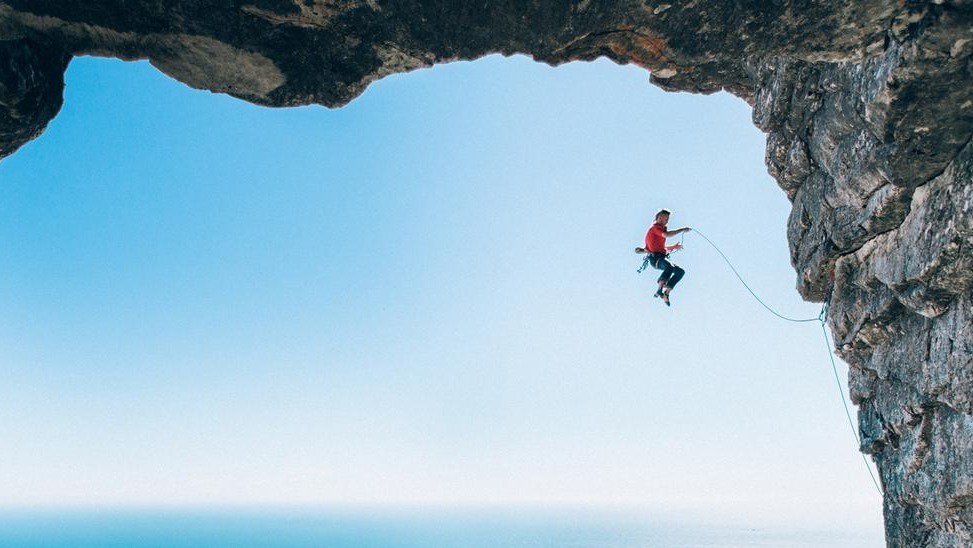Why does the idea of literally skiing off a cliff appeal to some people?
Why do people willingly climb mountains with no safety gear?
Extreme sports were never invented, yet there has been a notable boom in recent decades.

But first, what defines extreme sports?
While this sport sadly didnt become mainstream, others did.
Nikes Dream Big ad even featured three extreme sport athletes, revealing the sports presence in mainstream society.

However, if you paid attention youll notice that I just skipped something.
How did a counterculture movement in the 60s marked by unique daredevils turn into something so prevalent today?
Athletes and communities within specific extreme sports often times resent the role big corporations play in the sport.

The sport is defined by how the participant feels in those precious moments and what keeps them coming back.
Delving back into the roots of the sport, why do people do it?
What draws so many of us to extreme sports?

The psychology and phenomenology behind extreme sports attempts to explain what makes this genre of sports so captivating.
To start, there is a misconception that thrill seekers are always reckless.
But theres undoubtedly more at play in extreme sports than just preparation.
Dopamine is highly desirable and addictive, so it keeps the athletes coming back.
The interesting aspect of this is that people get desensitized to dopamine upon repeated exposure.
so you can get the same fix, athletes have to keep pushing themselves past their previous achievements.
So what are these themes?
One theme that was repeatedly brought up in extreme sport athletes testimonies was freedom.
Another recurring theme among extreme sports participants was intensity of emotion.
This is something participants at any level can relate to, even without the risk of death aspect.
This is a sport that ultimately centers on the user, free from everything in those transcendent moments.
Works Cited
Appleton, Josie.
Extreme Sports Hype Is Commercialism.Extreme Sports.Ed.
Farmington Hills: Christine Nasso, 2008.
Archaeologist Works to Preserve Hawaiian Sledding.West Hawaii Today, April 20, 2008,www.westhawaiitoday.com/articles/2008/04/20/local/local05.txt.
Brymer, Eric and Robert Schweitzer.Phenomenology and the Extreme Sport Experience.New York: Routledge, 2017.
Extreme Sports.CQ Researcher.CQ Press, 3 Apr.
2009, library.cqpress.com/cqresearcher/document.php?id=cqresrre2009040300.
A Look Back at Evel Knievel: A Daredevil Unafraid to Fail.The New York Times.
The New York Times Company, 29 June 2018,www.nytimes.com/2018/06/29/arts/television/evel-knievel-travis-pastrana.html.
Isaksen, Joachim Vogt.
The Psychology of Extreme Sports: Addicts, Not Loonies.Popular Science.
HiNT, 22 May 2013,www.popularsocialscience.com/2012/11/05/the- psychology- of-extreme-sports-addicts-not-loonies/.
Popularity of Extreme Sports May Be a Temporary Fad.Extreme Sports.Ed.
Farmington Hills: Christine Nasso, 2008.
Smith, David Woodruff.
Stanford Encyclopedia of Philosophy.
Stanford University, 16 Dec. 2013, plato.stanford.edu/entries/phenomenology/.
Snowboarding.Berkshire Encyclopedia of Extreme Sports.Ed.
Great Barrington: Berkshire, 2007.